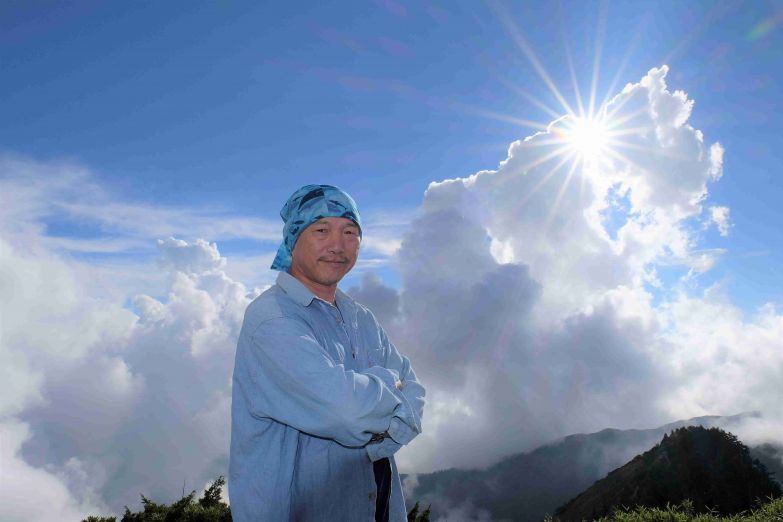Taiwan filmmaker champions conservation movements
2021/04/23
Avid environmentalist and documentary filmmaker Ke Chin-yuan has dedicated his life to monitoring and recording environmental changes in Taiwan and throughout the world, building on his lifelong passion for videography.
Formerly a magazine photographer, Ke joined the news department of Taipei City-based Public Television Service in 1998 and soon became a key member in the news outlet’s weekly program “Our Island,” which focused on issues ranging from nature and wildlife conservation to coastal degradation and industrial pollution.
Taiwan’s tropical, subtropical and temperate climate zones each boast distinct flora and fauna. Yet over the years Ke has witnessed how prioritizing economic development has led to environmental pollution and caused significant crop damage to farmers.
According to Ke, documentaries have a critical role to play in conservation movements by bringing to light instances of injustice and revealing the beauty of Taiwan’s diverse cultures and ecosystems. “I hope my work can influence government policies, encourage corporate social responsibility and raise awareness of issues concerning the environment and socially underprivileged.”
To date, the filmmaker has produced four books, more than 200,000 photographs and about 30 documentaries that have earned him over 90 awards and nominations in film festivals at home and abroad, in addition to the National Award for Arts—Taiwan’s most prestigious honor in the artistic and cultural arenas.
Among his biggest undertakings, “The Age of Awakening” (2018) highlights major environmental movements in Taiwan spanning decades. The piece extensively covers anti-nuclear demonstrations as well as protests against U.S.-headquartered DuPont’s titanium dioxide plant in the central county of Changhua and Taipei-based Formosa Plastics Group’s sixth naphtha cracking facility in the western county of Yunlin.
Ke believes his work has helped propel government authorities to crack down on pollution, reject coastal development projects and demolish illegal structures on farmland. At the same time, conservation efforts by the public and private sectors are restoring habitats and facilitating the return of wildlife. “Positive outcomes like these keep me going,” he said. “The ability of nature to heal itself fills me with awe.”
Wood Lin, director of the Documentary Department at Taipei-based Taiwan Film Institute, praised Ke for his critical approach, exceptional technique and emotionally charged imagery, while fellow filmmaker Kevin Lee said Ke’s films are celebrated for their thought-provoking content that allows viewers to witness the extent of changes over time.
Lee Ken-cheng, secretary-general of the Taiwan branch of Citizen of the Earth based in the southern city of Kaohsiung, believes Ke’s films are the country’s most comprehensive environmental records in terms of scale. “He is dedicated to exploring environmental concerns that mainstream media outlets ignore,” Lee said. “By taking the road less traveled, he has made a big impact.”
Ke has no plans to stop his work anytime soon. “Life is short, and I want to make it worthwhile by doing something useful,” the filmmaker said. “As an optimist, I’m confident that the environmental situation will improve as long as we keep directing our time and attention toward it.”
Source: Taiwan Today (https://taiwantoday.tw/index.php)












